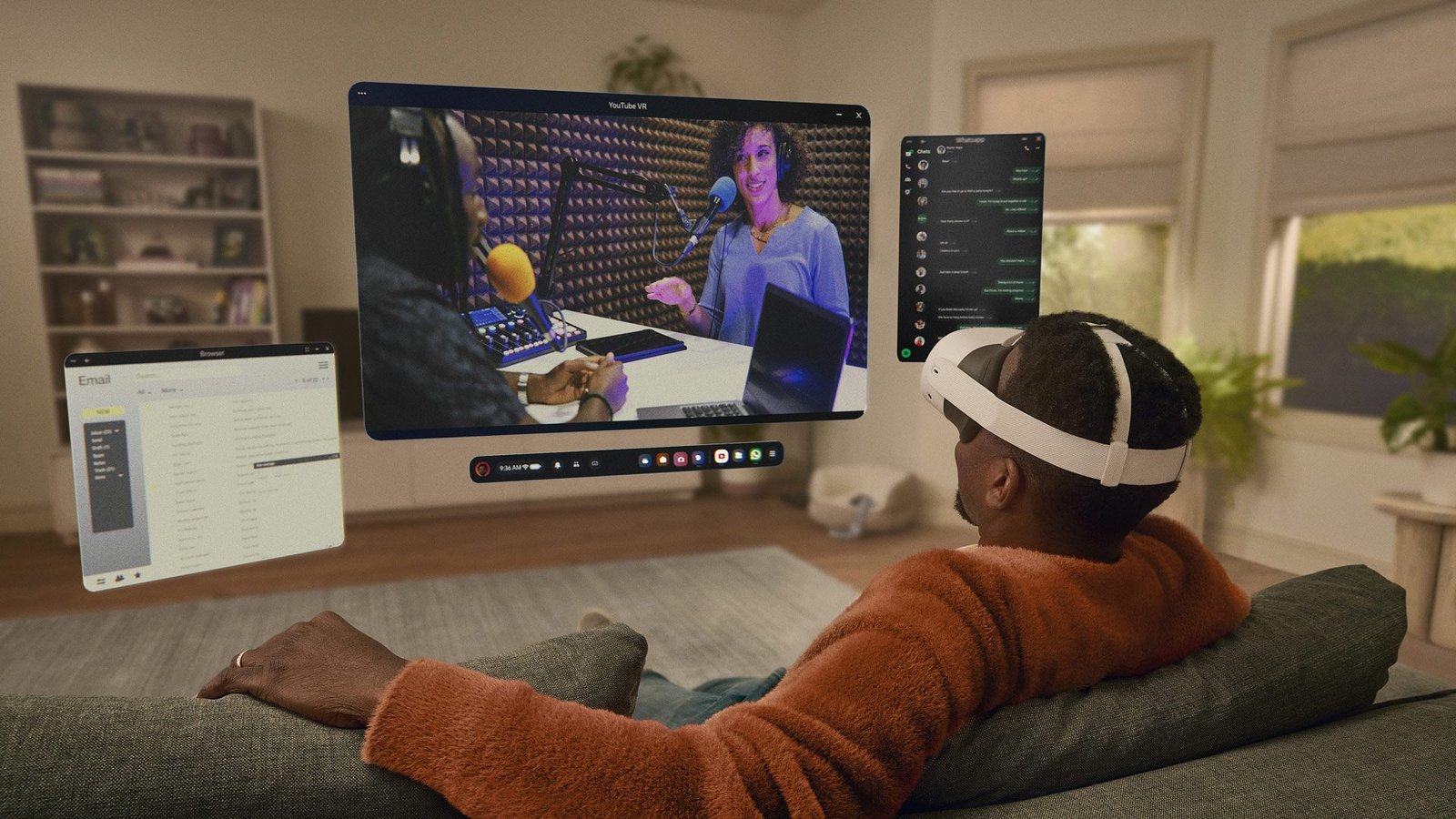Apple faced harsh criticism from Judge Yvonne Gonzalez Rogers this week for violating a 2021 injunction in the Epic Games
What Apple’s Legal Smackdown Means for the App Store


Apple faced harsh criticism from Judge Yvonne Gonzalez Rogers this week for violating a 2021 injunction in the Epic Games

Please note that we may earn revenue from the products featured on this page and participate in affiliate programs. Learn

When looking for a SIM-only deal or purchasing a phone on contract, the UK market may seem flooded with various

Meta continues to dominate the XR industry, making significant strides that indicate a new chapter for the company and the